Hydrogen beyond the hype
Hanno Böck - https://hboeck.de/
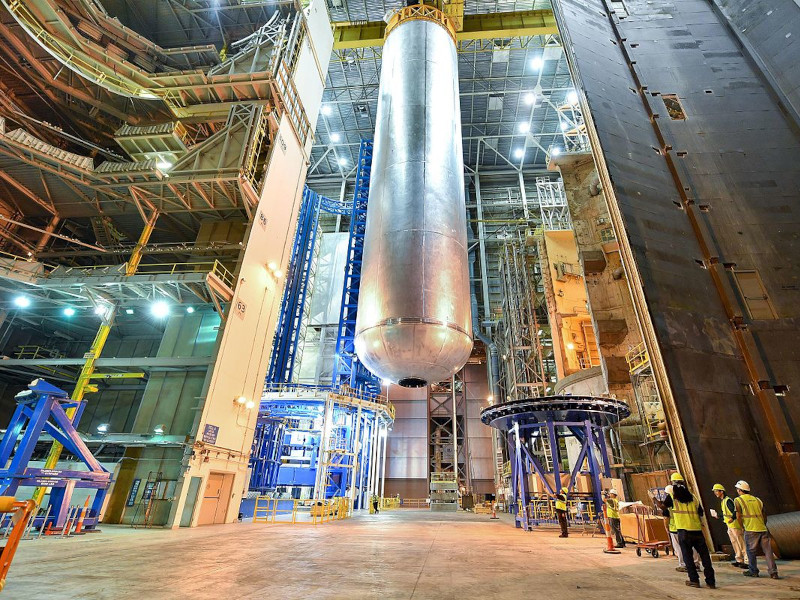
There is currently a lot of interest in hydrogen as a climate solution
The idea of a "Hydrogen Economy" goes back to the 70s and was popular again in the early 2000s
Not much came out of it, but it may be different this time
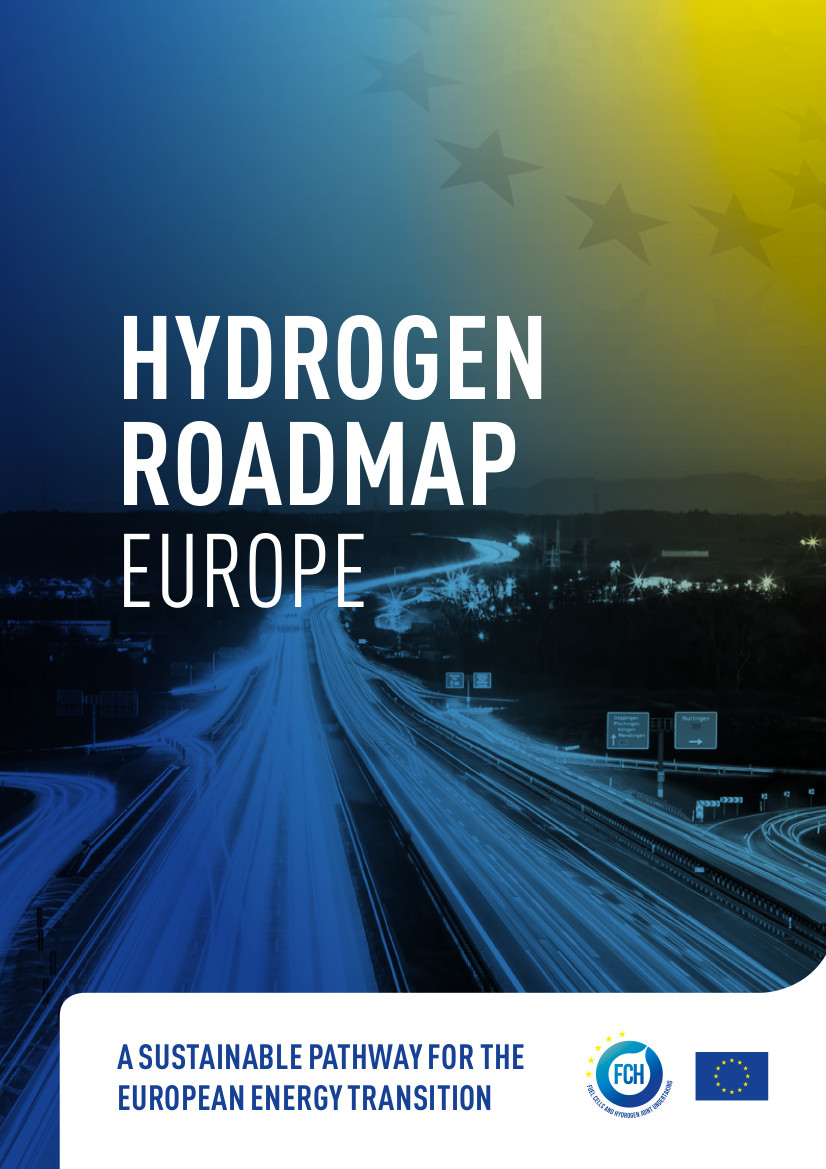

The EU plans to invest 140 Billion Euro into hydrogen projects
Hydrogen is interesting because it can help bring emissions down in hard to decarbonize sectors
Hydrogen today
Hydrogen is a dirty business
Today most hydrogen is made from fossil fuels and it is responsible for around 2 % of worldwide CO2 emissios
Hydrogen is primarily used for ammonia production and sulfur removal in oil refineries
The Future
Green Hydrogen
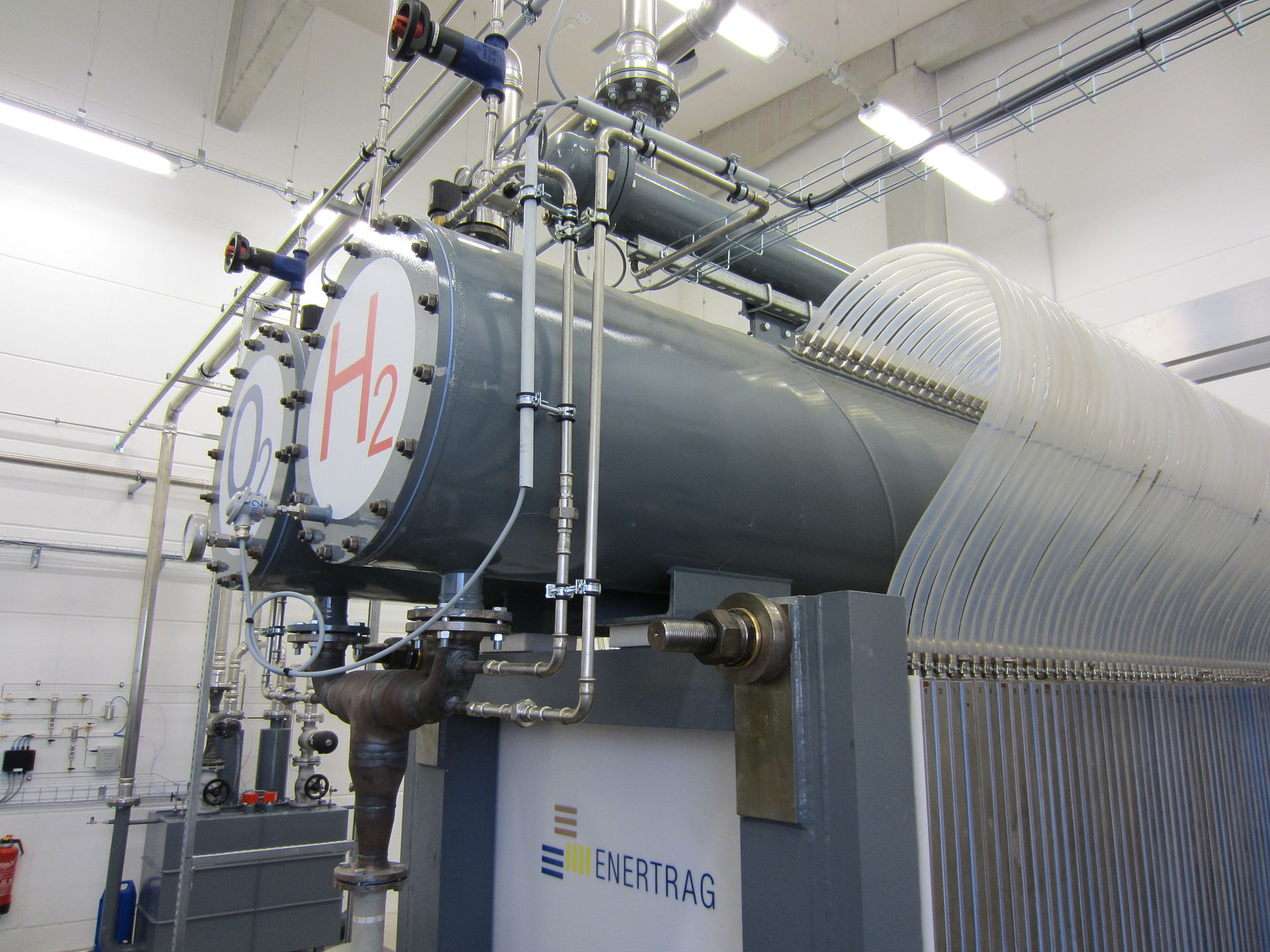
Using renewable electricity and electrolysis to split water
Hydrogen from electrolysis only exists in very small scales today
So what can and should we do with hydrogen?
Every energy conversion step introduces losses
Whenever you can use electricity directly this is likely better
It's not about cars!
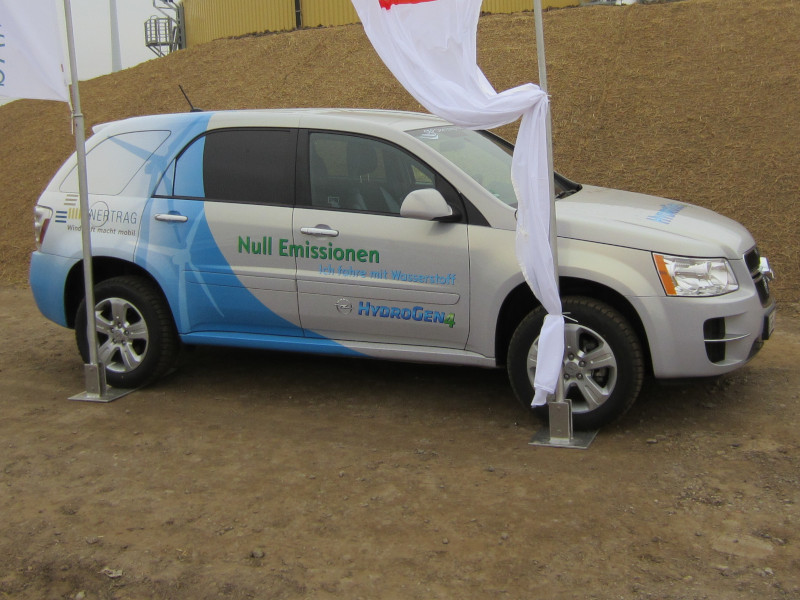
There are areas where using electricity directly is difficult or impossible
Steel
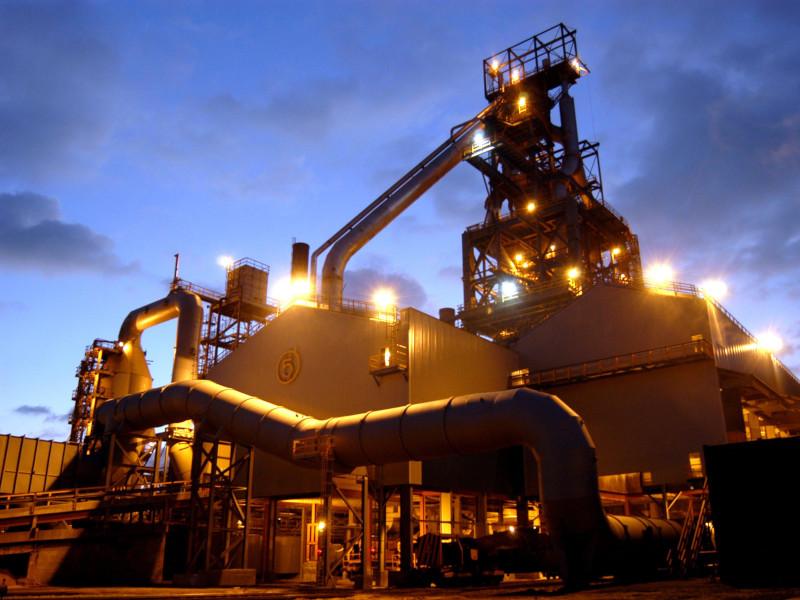
In steel production coal is used to reduce iron ore, steel is responsible for around 8% of worldwide CO2 emissions
Several companies are working on a process called direct reduced iron that can use hydrogen as a reducing chemical
Plastics and Chemicals
Hydrogen and CO2 can be turned into Methanol (CH3OH), which can then be turned into plastics and many other chemicals
Problem: Where do you get the CO2 from?
Ammonia (NH3)
Ammonia for fertilizers is made from (fossil) hydrogen and nitrogen, replacing this with green hydrogen is an obvious step
Ammonia may also be an option as a fuel in some sectors, especially shipping
The advantage of Ammonia (NH3) over Methanol (CH3OH) or other hydrocarbons is that it does not contain carbon and thus it does not need CO2
More things to do with hydrogen
- Aviation (challenging, but probably needed)
- Shipping (may be crushed between electric and ammonia-powered)
- Heavy transport, trucks, busses (questionable)
- Hydrocarbon E-Fuels (expensive, inefficient)
- Heat (questionable)
- Seasonal electricity storage (expensive, but likely needed)
The scale of this is enormous
Some numbers for Germany
55 TWh of hydrogen used per year.
80 TWh is expected to be needed for steel in 2050.
251 TWh renewable electricity was produced in 2019.
(conversion losses 20% - 10%)
A lot more renewable electricity is needed

For some countries (like Germany) this probably means importing hydrogen
Hydrogen is difficult to transport, so the question is if you import hydrogen or products made from hydrogen (like ammonia)
A molecule of ammonia (NH3) contains more hydrogen than in a molecule of hydrogen (H2)
Costs

Today green hydrogen is more expensive than fossil hydrogen
Cheaper green hydrogen needs cheap renewables and cheap electrolyseurs
Technology gets cheaper at scale
Wind and solar energy became cheap because some countries started installing them above market prices
The same needs to happen with electrolyseurs
Hydrogen, Politics and Lobbying
The natural gas industry is heavily trying to influence the discussion around hydrogen
Today's hydrogen production is usually based on natural gas, and often today's hydrogen projects use fossil hydrogen
The industry advocates for fossil gas based "low-carbon" hydrogen options like CCS-based "blue" hydrogen and methane pyrolysis
The natural gas industry is pushing for hydrogen in residential heating
This does not make a lot of sense, heat pumps are extremely efficient
Why residential heating?
The natural gas grid
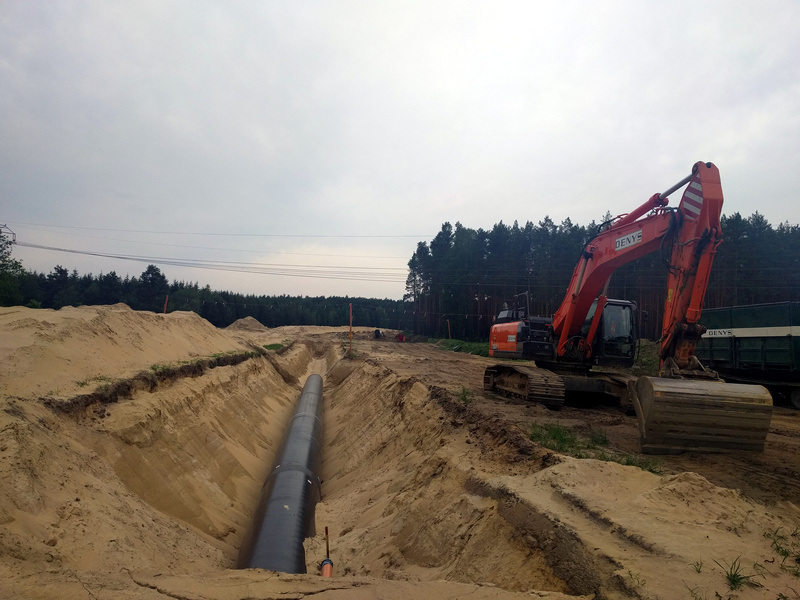
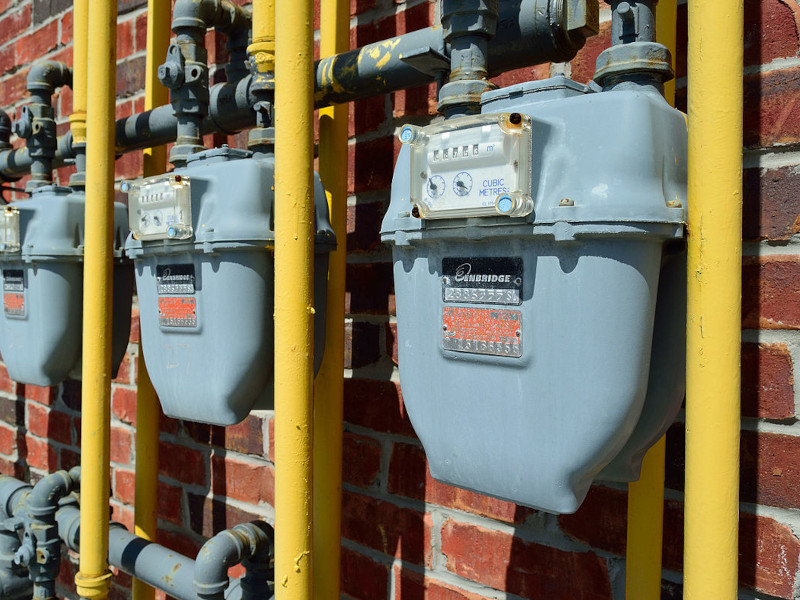
If the world gets serious about climate change then most of the gas grid becomes worthless
The industry hopes to repurpose that grid for hydrogen
It is a good idea to use existing infrastructure for hydrogen
In a scenario where hydrogen is used primarily in industry there is no need for a large grid, and definitely not for a grid extending into people's homes
Summary Hydrogen
It looks like a hydrogen boom is coming.
This is good news, but hydrogen should be used wisely.
Want to discuss more? Climate-neutral Industry Q&A session at 7pm, see DiVOC Wiki